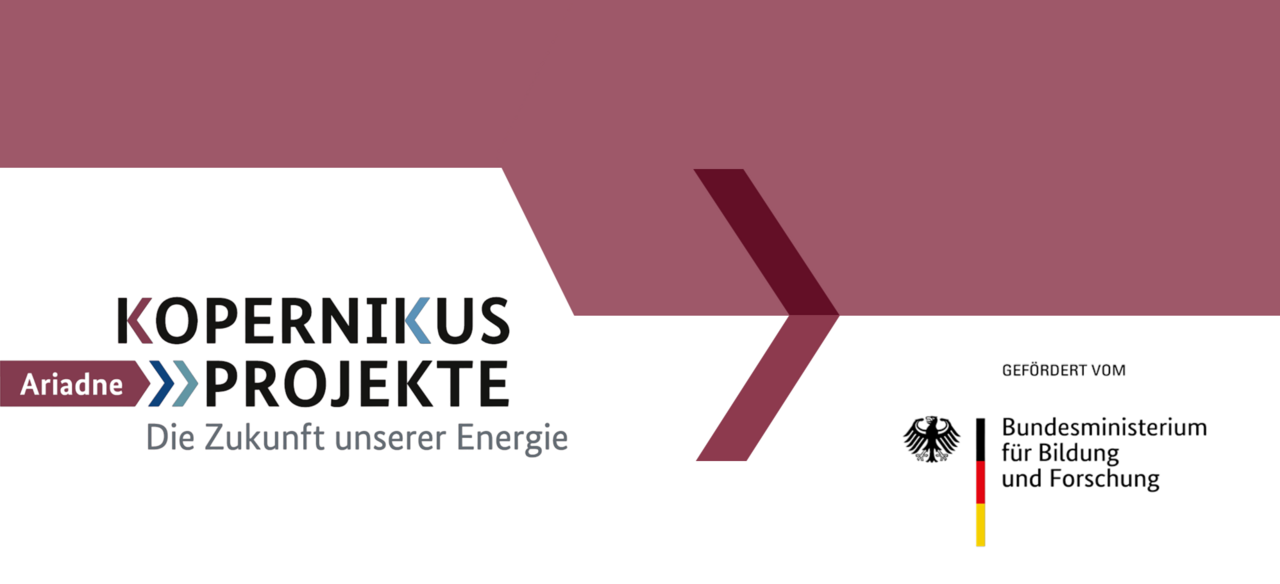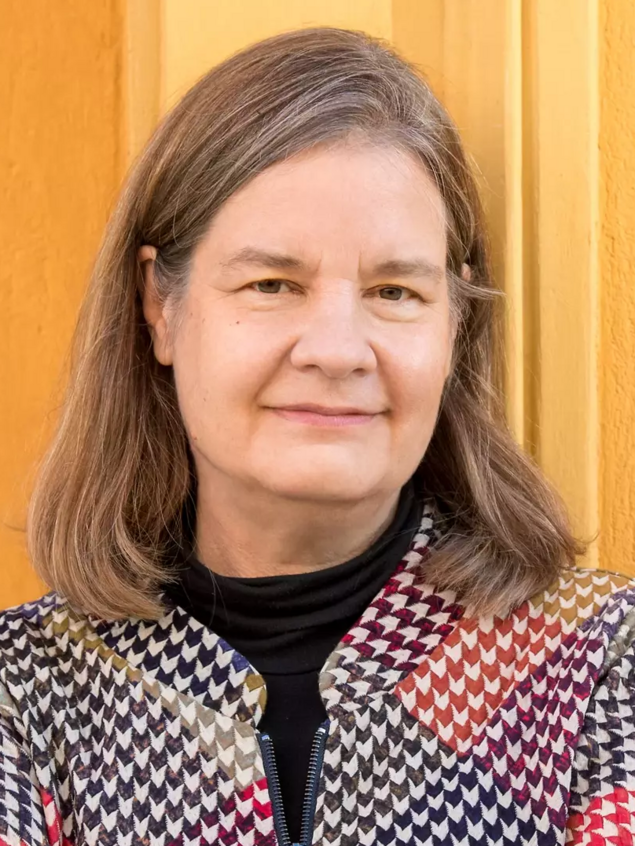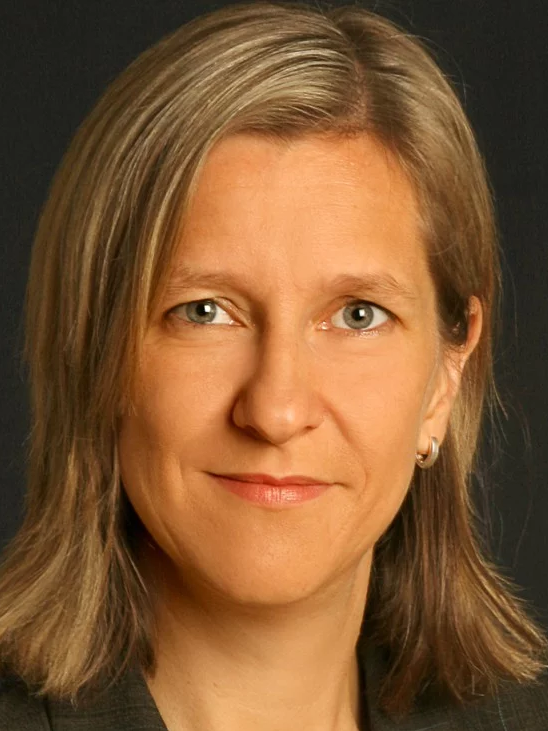Copernicus Project Ariadne: Evidence-based assessment for the design of the German energy transition towards climate neutrality
Overview
In the Copernicus project Ariadne, a network of leading research institutions has been working on a comprehensive research process to shape the energy transition since mid-2020. The collaborative project was funded by the Federal Ministry of Education and Research (BMBF) over three years with a total of 30 million euros in the first project phase. Since 1 September 2023, Ariadne has continued its work with 27 research partners and a funding volume of a further 30 million euros for the next three years. Ariadne is part of the Copernicus Research Initiative. As the fourth Copernicus pillar, Ariadne complements the ENSURE, P2X and SynErgie projects. Together, the Copernicus projects form one of the largest German research initiatives on the energy transition.
Orientation for the energy transition
The guiding principle for Ariadne comes from Greek mythology: through the thread of Ariadne, Theseus managed to navigate safely through Minotaur's labyrinth. By analogy, Ariadne leads through a targeted learning process with politics, business and society to develop viable options for shaping the energy transition in Germany. In a continuous exchange with stakeholders from politics, business as well as from civil society and citizens, Ariadne explores those paths against the background of their societal dimensions and develops concrete options for policy instruments and measures. Ariadne thus connects the threads of politics, society and science into a common thread of the energy transition and, piece by piece, brings together action-oriented decision-making bases.
The aim of Ariadne is to better understand the impact of different policy instruments in order to develop socially sustainable energy transition strategies. Political decision-makers, business representatives and citizens are engaged through dialogue processes. Findings and results are continuously published in the form of policy briefs, analyses, background papers, visualisations or interactive applications.
Project partners
Potsdam Institute for Climate Impact Research (PIK) (coordination) | adelphi | Brandenburg University of Technology Cottbus-Senftenberg (BTU) | Ecologic Institute | Fraunhofer Cluster of Excellence Integrated Energy Systems (CINES) | Friedrich-Alexander-Universität Erlangen-Nürnberg | German Aerospace Center (DLR) | German Economic Institute | German Institute for Economic Research (DIW) | Hertie School | ifo Institute | Julius-Maximilians-Universität Würzburg | Leibniz Institute for Economic Research (RWI) | Mercator Research Institute on Global Commons and Climate Change (MCC) | Oeko-Institut | Research Institute for Sustainability – Helmholtz Centre Potsdam (RIFS) | Stiftung Umweltenergierecht | Stiftung Wissenschaft und Politik (SWP)| Technical University of Darmstadt | Technical University of Munich | Technische Universität Berlin | Universität Hamburg | University of Duisburg-Essen| University of Greifswald | University of Potsdam | University of Stuttgart – Institute of Energy Economics and Rational Energy Use (IER) | ZEW – Leibniz Centre for European Economic Research
Research priorities of TUM
In funding period II (September 2023 to August 2026), the focus of the research activities of the Chair of Environmental and Climate Policy at TUM is on work package 2 (distributional issues and social ownership). Among other things, the TUM research team is working on a literature review on distributional effects of CO2 pricing as well as restriction and policy analyses. Against the backdrop of the concept of a just transition and the goal of social ownership of the transformation, the researchers are investigating the extent to which energy communities, collective self-consumption and tenant electricity concepts consider low-income and vulnerable households and contribute to energy price relief for these groups.
In funding period I (June 2020 to August 2023), the project team investigated concepts of participation and ownership in the context of energy transition measures, compensatory instruments, and the role of intermediary (mediating) and advisory actors in local negotiation arenas.




